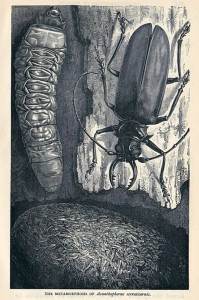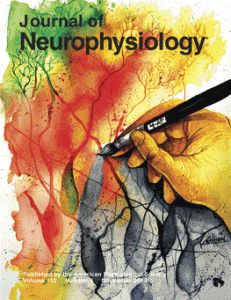 A major scandal in Japan over the Novartis hypertension drug valsartan has resulted in a retraction from the Journal of Human Hypertension.
A major scandal in Japan over the Novartis hypertension drug valsartan has resulted in a retraction from the Journal of Human Hypertension.
Frequent Retraction Watch subject Hiroaki Matsubara resigned his post at Kyoto Prefectural University in 2013, after his work on valsartan was shown to be riddled with data errors and undisclosed conflicts of interest.
Also that year, suspicions about Chiba University hypertension researcher Issei Komuro’s work were first raised by an anonymous blog, which detailed numerous image manipulations in the researcher’s published works. Komuro, who frequently collaborated with Matsubara, has been a senior author on a number of valsartan papers, including the now-retracted one, which reported the results of Novartis-sponsored Valsartan Amlodipine Randomized Trial in 2011 without reporting the Novartis funding.
The paper, which has been cited three times, according to Thomson Scientific’s Web of Knowledge, had already been subject to a correction in 2013: Continue reading Can’t spell Novartis without VART: Drug study retracted for conflict of interest, data issues








